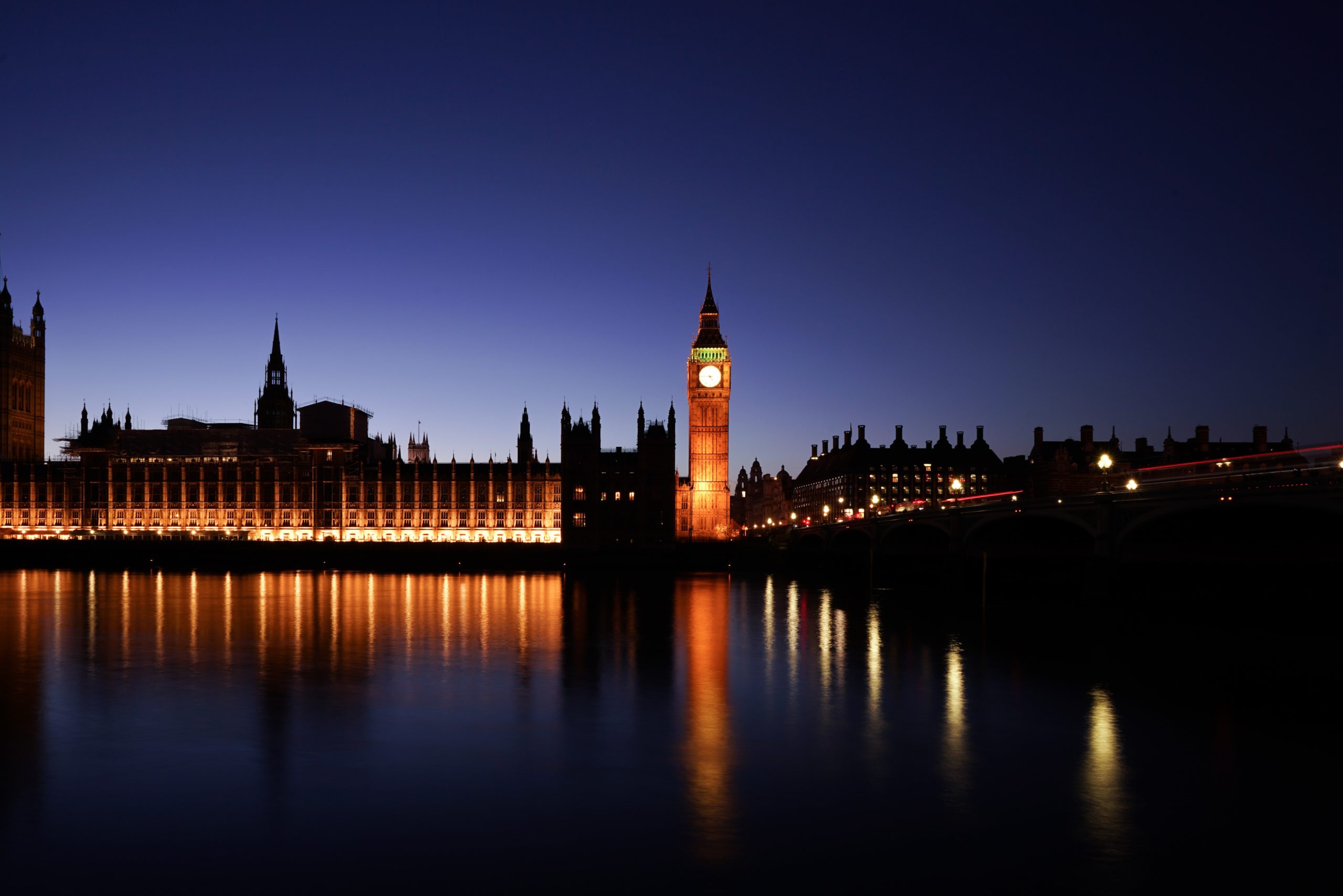Louisa Merrick-White
Amidst rising inflation, tax hikes, soaring energy bills, the end of the Universal Credit uplift and shortages of food and fuel, Boris Johnson’s closing speech to the Conservative Party Conference could’ve been the perfect opportunity to reassure the public, and lay out his plans to weather the storm. Instead, the Prime Minister delivered a speech full of empty slogans, terrible jokes and a bizarre analogy about a village in Buckinghamshire.
For a while now, Boris Johnson has been pushing the ideas of ‘levelling up’ and ‘building back better’, but are there actually solutions behind these slogans?
Levelling Up
‘Levelling up’ is yet to be given a clear definition but it seems the main purpose will be to level the playing field across the country. Addressing the skill and wage imbalance that exists between the North and South, between London and the rest of the UK and within regions.
Newly-appointed Levelling Up Secretary, Michael Gove has identified four main objectives in his vision for levelling up. To strengthen local leadership, raise living standards, improve public services and to give people the resources necessary to enhance the pride they feel in the place they live.
Boris Johnson’s case study for the importance of levelling-up was Stoke Poges, Buckinghamshire, circa 1750. He explained since the eighteenth century, Buckinghamshire has ‘levelled up’ to be one of the most productive regions in Europe, and Stoke Poges has become one of the richest villages in England.
However, one Industrial Revolution, two world wars and a pandemic later, it seems a more contemporary example might have served the Prime Minister a little better.
Building Back Better
Equally ambiguous, ‘building back better’ appears to be an amalgamation of new policies and old manifesto promises. ‘Building back better’ includes levelling up, supporting the transition to net zero and supporting the Conservatives vision for global Britain by building on three pillars of growth; infrastructure, skills and innovation.
In his speech last week, Boris Johnson announced an unprecedented £640bn programme of investment in education, infrastructure, social care, the NHS and fighting crime. However, aside from the tax rises announced last month, no explanation was given as to where this money would come from – Labour’s infamous magic money tree, perhaps?
Any hopes that Chancellor, Rishi Sunak, might be able to offer some insight were short-lived as he too failed to give any indication of how all this investment would be paid for. By far, the most interesting thing the Chancellor had to say was that, “we should all be grateful to my predecessors and their ten years of sound, conservative management of our economy”. Austerity, to the rest of us.
A 10 Year Long Conservative Government
Amongst the nonsensical vagueness that we’ve come to expect from Boris Johnson’s speeches was a glaring failure to acknowledge the role ten years of Conservative leadership has played in creating the problems that the Prime Minister now seeks to fix.
According to The Institute for Fiscal Studies (IFS), there was an 8% real-terms decrease in school spending between 2009 and 2018. The NHS has endured “almost a decade of underfunding” and increasing privatisation, while funding to social care has also decreased, creating more problems for an already struggling health service. The IFS found, between 2009 and 2018, social care spending on over 65s fell by 19% overall and 34% per-person. A report by the TUC revealed that as of 2020, annual adult social care spending was still £600 million lower than in 2010 and spending per head is 8% below the level in 2010 across England overall.
A report published by the IFS in 2017 showed that spending on the police fell by 14% in real terms between 2010-11 and 2014-15 and the number of full-time equivalent police officers fell by almost 20,000 between 2009 and 2016. These are just a handful of the figures available which show the scale and impact of Conservative budget cuts and austerity.
“Austerity will cast a long shadow…”
A review led by Sir Michael Marmot, published last year, found that “over the last decade government allocations of funding have declined most in poorer areas and this must be reversed”. Recommendations were made “to account for profound changes in health and the social determinants since 2010.” In a subsequent interview with the Guardian, Marmot summarised his findings, saying, “Austerity will cast a long shadow over the lives of the children born and growing up under its effects.”
The first Conservative Party Conference since the pandemic was always going to be a tricky one. However, Boris Johnson has once again delivered a series of empty promises, which are commendable, but likely unattainable. Most frustratingly of all, Boris Johnson has presented himself as having all the solutions, with an insulting lack of recognition of the role his party played in creating the problems.
Featured image courtesy of Tom Chen on Unsplash. Image license can be found here. No changes have been made to this image.

